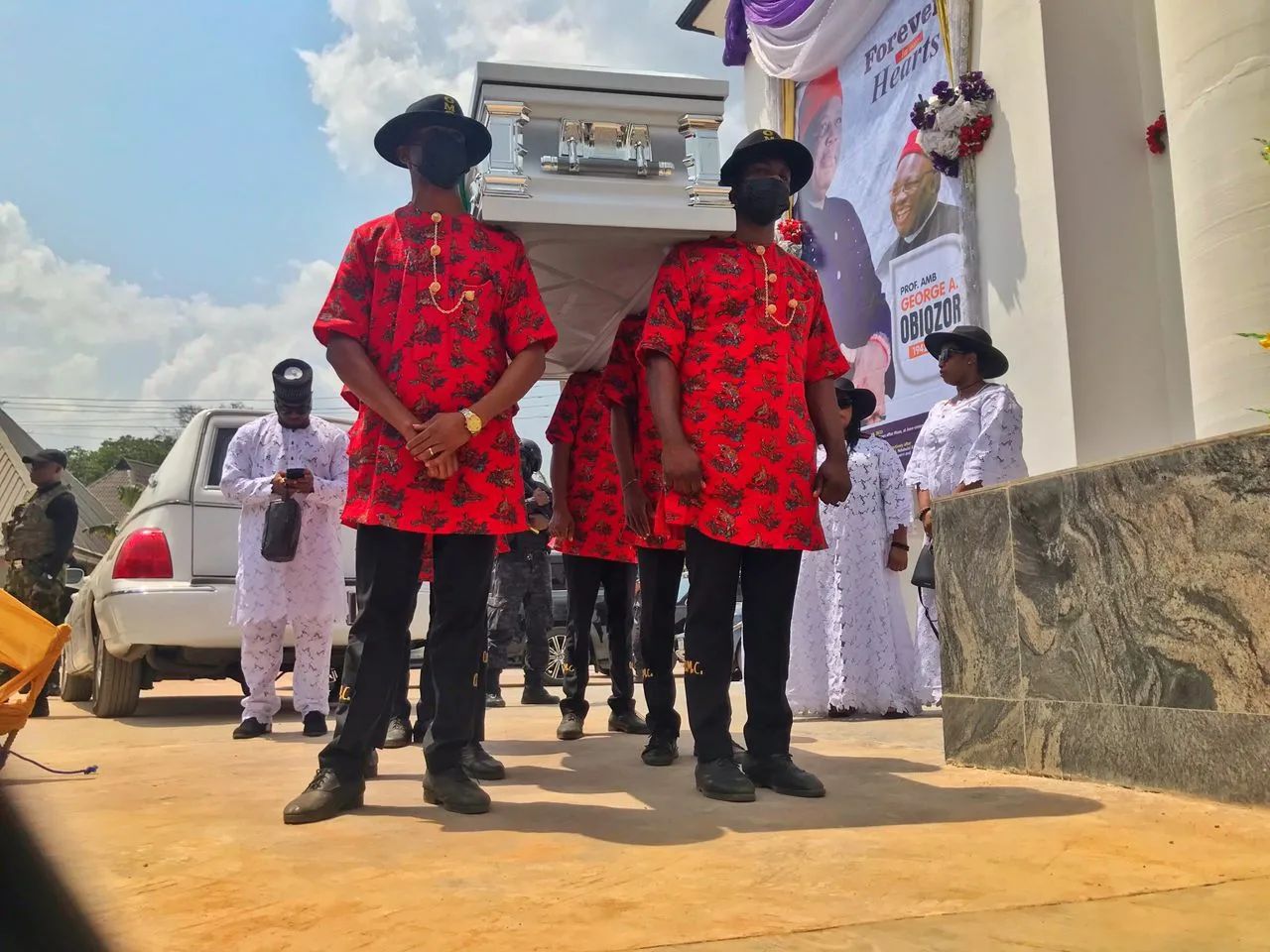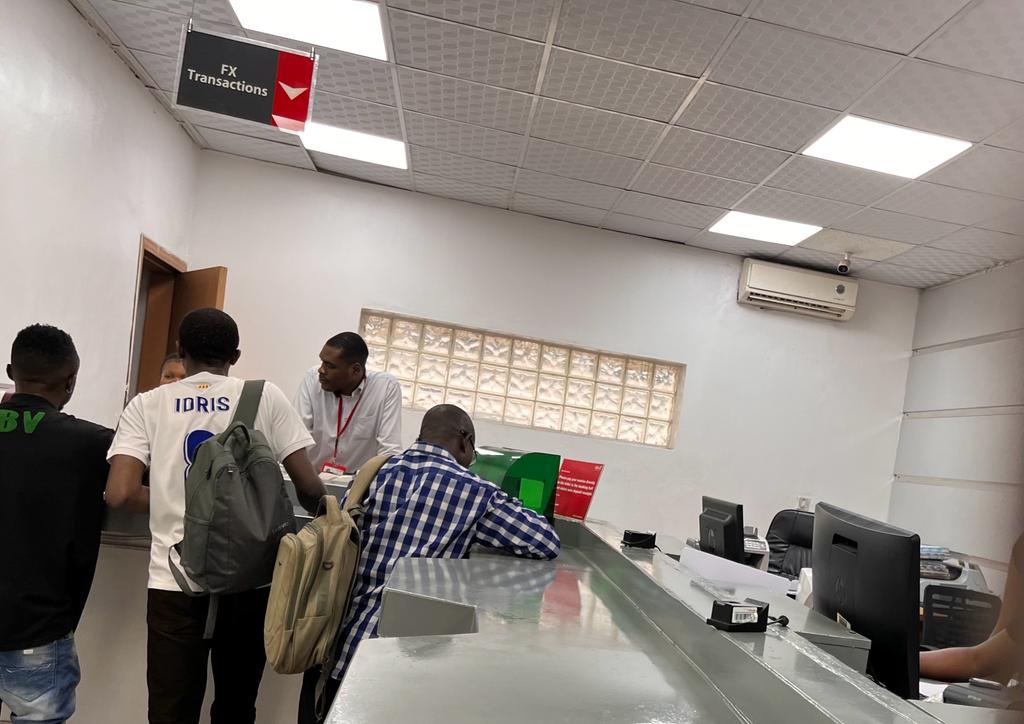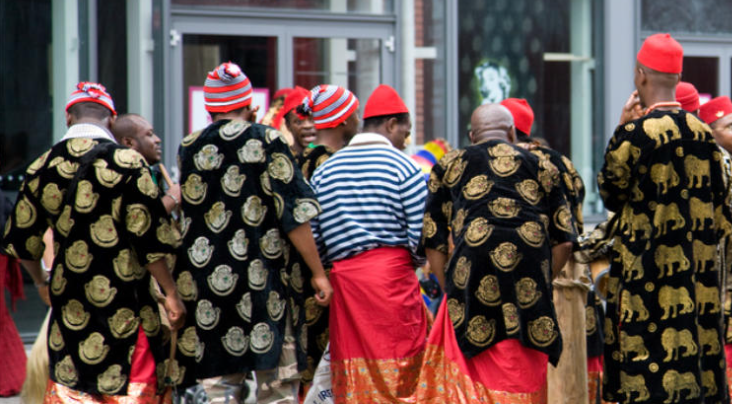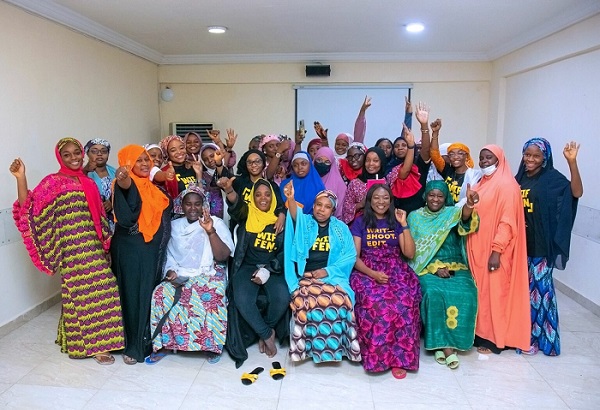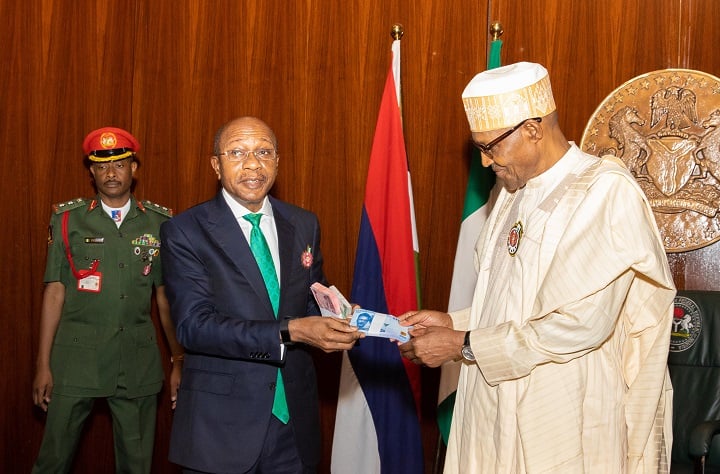Funeral rites across the globe and in Africa or Nigeria in particular are often influenced by culture, belief system and religion. From the moment anyone is pronounced dead, aside from crying associated with the vacuum created by the individual, what the person had done, whom s/he raised, position in the family, community and cultural concerns among many other things come into play in the decision of final funeral rites.
Prior to modern-day arrangements, some cultures take a week or more to finish burial rites. Depending on who is involved, a lot of expenses are involved. For the northern Nigerians, where burial rites are mostly influenced by the Islamic religion, corpses must be buried that same day, if this is possible and it must be before the sun sets. This is irrespective of whether the individual is a king or a peasant.
For Muslims up north, it is only in exceptional circumstances that burial is delayed till the following day. Not much fun fare is attached. There are no expensive coffins, as Muslims do not bury their dead with caskets. In most cases, there are not many investments in the grave used by Muslims as well.
In the Southern part of the nation, predominantly non-Islamic region except for a few, funerals are big deals with several events which attract huge financial resources. Funeral in some instances is accorded a similar level of prominence as birth and marriage. This is especially so if the deceased had lived a long life, was rich, and had a prominent position in the family or society among other factors.
Advertisement
Funeral ceremonies may reveal social status. Many wannabees had even run into millions of Naira in debt just to give what is considered a ‘befitting burial’ to the departed soul. Before the 2000s, the choice of a burial place did not take a lot of expenses like all other aspects of the funeral programme. What used to take a whole lot of chunks of money were clothes (for the corpse and family members), a casket, the musician, the venue of service, guest entertainment locations, the ambulance that carried the corpse, the kind of bands that lead the processions of cars to different venues etc. Then, these all showed the class and status of the dead.
Of note is that many family members never recovered for a long while from the debts incurred during a family member’s burial. Interestingly the amount spent on burials when compared to what was spent on the dead, especially while still alive or suffering any health challenges is often alarming. That may be a discussion for another day. It is common knowledge that many save money for burial rather than for the well-being of relatives.
“The route to heaven” post-2000 in Southern Nigeria
Advertisement
Towards the late 90s and early 2000 and beyond, the dynamic in burial places changed. Rumours about the safety of corpses in many public and state-owned graveyards gained momentum. Money ritualists were caught with human parts. Some of these human parts were gotten from public graveyards or fresh dead bodies knocked down by hit-and-run drivers or scenes of accidents.
With the need and consciousness for the safety of departed souls, many began to search for private funeral homes. This began the journey of the boom of private funeral homes in Nigeria, especially in Southern Nigeria. Within some months post-2000, the funeral home business began to boom. Buying burial vaults for a family member or buying for oneself in advance became the fad among Southern Nigerians. Initially, it was for the rich and seen as a status symbol. But over time the need to preserve the body of departed souls from being dismembered became a concern to all.
In southern Nigeria, private funeral homes are almost everywhere. From Lagos, Abeokuta, Ibadan, Oshogbo, Oyo, Onitsha, Benin, Port Harcourt, Ede, Uyo, Ikere Ekiti, and Awka among many other cities are countless. Funeral home services start with mortuary services. The public mortuaries are not well maintained though cheaper. To keep a corpse for a day at funeral homes ranges from N15,000 to N50,000. But with the public mortuary, it can be as low as N3,000 to N5,000 depending on the location and city.
Mortuary service comes with embalmment of the body and casket costs. Funeral homes charge as high as N75,000, equivalent to $100 for corpse embalmment. In terms of caskets, people do according to their sizes. Caskets can be as low as N150,000 or run into millions of naira.
Advertisement
The funeral place, grave, often seems to be the most expensive of all these. Grave also comes in shades, single or double. The average price for a burial place in private funeral homes, anywhere in the southwest is about N750,000 ($1,000 at the parallel market rate). In Lagos, the price ranges from N2 million (about $3,000) to N50 million depending on taste. This is outside of other costs. One may not understand the implication of this until one realises this is a country where many live on less than a US dollar daily
What is too much for the dead?
The above question began to pop up in the heart of the writer in 2015. Around July of that year, a long-distance relative passed on (a relatively young man around 40) due to a communicable disease that he hid from the family until the case became irreversible. The individual passed on within a week despite the family’s medical rescue efforts. To preserve the individual memory with the decision that his young children can visit his burial place when they were of age, a decision to use a private funeral home was reached. As of then, a single grave procured was around over N1 million.
Since I have been asking this question. In 2018 I asked Biodun (not real name) whose family wanted to go the same route around 2018, what is too much? According to him: “This private initiative allows members of the public to honour their dead ones as well as gives rest of mind that your departed soul can rest without the fear of someone coming to cut some parts for sales”.
Advertisement
In 2020, Kola (not real name), an indigene of Ijebu, also answered, “we all know social status is displayed during funeral ceremonies, many southern Nigerians have to succumb to these pressures”. In 2022, Chinedu from Onitsha also affirmed: “Beyond the status, if you can safeguard your dead body from being dismembered with the fact that you can always come to do remembrance for the departed soul with a visit to the grave once in a while, which you are not guaranteed in a public cemetery, why don’t you invest in this”?
Kemi, on the other hand, recalled an experience she had with the burial place of her Mum. “My siblings and I were still young when the family decided to bury my mum in a public cemetery. After 15 years, I and my siblings who are now adults planned a visit to the place but no one could tell us the actual place. We also suspect they had sold the same spot and buried another corpse there. So we missed the opportunity of visiting the burial place of our mum for life. If I have the money, why should I use a public cemetery all my life,” Kemi concluded.
Advertisement
Anu, another lady claimed; “it is not a case many of the public cemeteries in the urban cities are even cheap as it were. None in total: grave, slabs, concrete etc often go below N350,000. Except in the outskirts of cities or remote places, public cemeteries without security and rest of mind for the deceased families are not that cheap. So why don’t you up the game if you can with little investment above the public range”.
Whatever you do, don’t die
Advertisement
Given the costs associated with the burial in southern Nigeria alone, a clergy of a young and fast-growing church based in southern Nigeria last year had to admonish every young man in a viral video, especially those who want to be everything to everybody at the same time to be careful how they go through stress just to make money.
Beyond the cost of the burial, the clergy encouraged “if you imagine how short your memory is with many people, you need to be you and live healthily. Only the immediate family will suffer for so long, especially if the individual is the sole breadwinner for the family — extended and nuclear”.
Advertisement
Given the fact that no known dead body continues to contribute to the development of the living from the grave, can we consider this obsession as waste? Can Southern Nigerians reconsider this act?
Oh, I heard it is not peculiar to Nigerians alone and I’ve been told if I ever watched the funeral rites of any monarch in England and how much investments go into that. Where do we go from here then?
Views expressed by contributors are strictly personal and not of TheCable.
Add a comment

